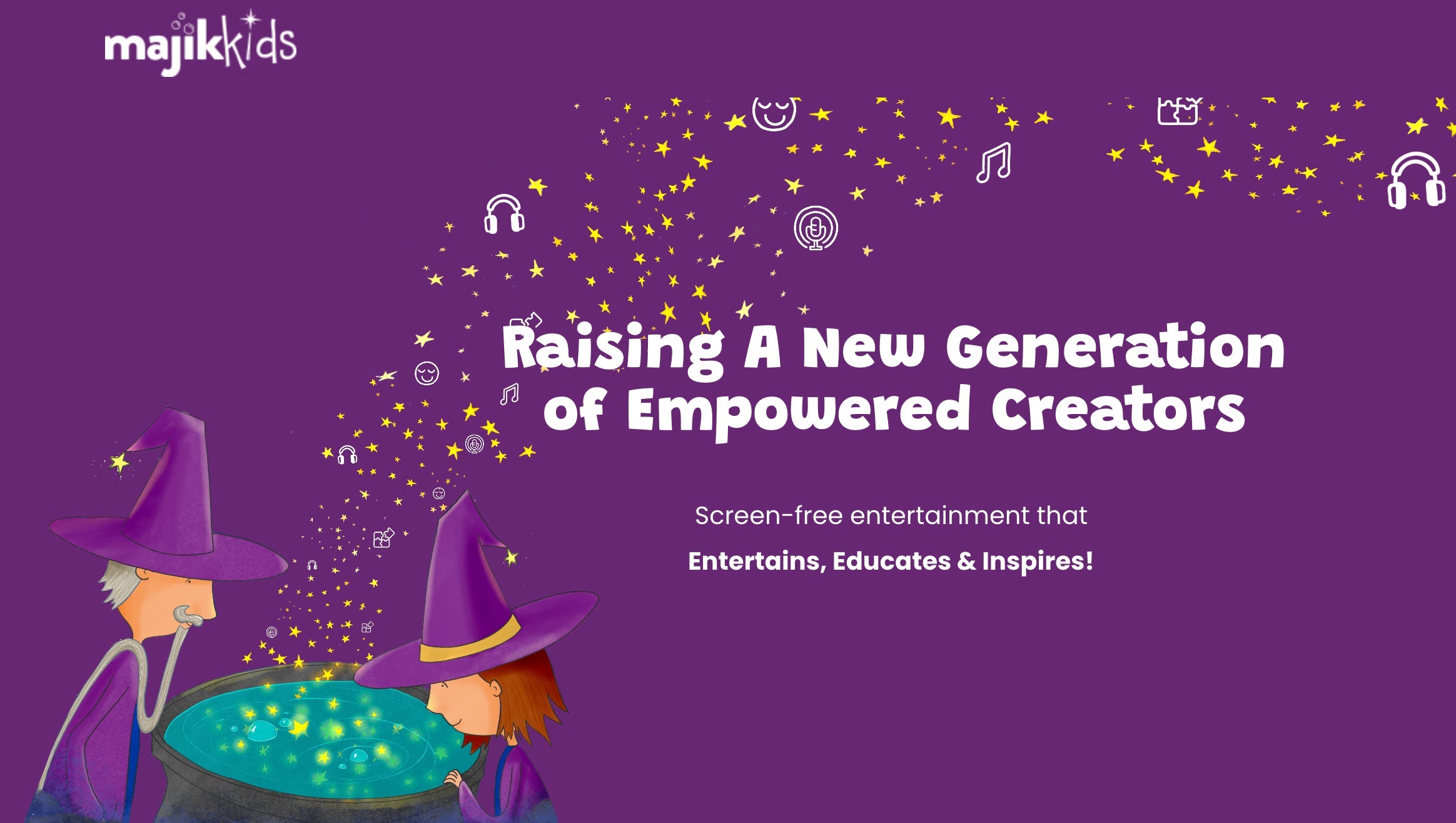
The Digital Dilemma
- by Ester Hilmarsdottir
- 3 min reading time
The Digital Dilemma: Exploring the Impact of Computers on Kid's Mental Health
In today's tech-driven world, computers have become an integral part of children's lives. From staying connected with friends to accessing educational resources, the digital realm offers countless opportunities. However, the rising use of computers among teenagers and kids has raised concerns about its potential impact on their mental health. In this blog, we delve into the thought-provoking article "Computers, Teenagers, and Mental Health" to gain insights into this digital dilemma and explore ways to strike a balance between technology and well-being.
The Prevalence of Computers in Kid's Lives:
The article highlights that computers have become almost ubiquitous among children, with the majority spending significant hours daily on their devices. Whether it's for social media, gaming, online learning, or entertainment, computers have become an inseparable part of their routine. While technology undoubtedly brings various benefits, it's essential to understand its potential impact on mental health.
Screen Time and Mental Well-being:
One key concern raised in the article is the correlation between excessive screen time and its effects on mental well-being. Spending long hours in front of screens can lead to sleep disturbances, reduced physical activity, and a lack of face-to-face social interactions. Such factors can contribute to feelings of isolation, anxiety, and even depression among children and young teens.
The Social Media Paradox:
Social media, a significant component of the digital experience, has both positive and negative influences. On one hand, it allows children to connect with friends and explore diverse interests. On the other hand, the constant comparison with carefully curated online personas can lead to feelings of inadequacy and low self-esteem. The article raises awareness about the importance of mindful social media usage and being aware of its potential impact on mental health.
The Role of Parents and Educators:
Parents and educators play a crucial role in guiding children's digital habits. The article emphasizes the significance of open communication and setting healthy boundaries regarding screen time. Encouraging teens to balance their online activities with outdoor play, hobbies, and real-life interactions can foster better mental well-being.
Digital Detox and Self-Care:
An interesting aspect discussed in the article is the need for periodic digital detoxes. Taking breaks from computers and engaging in activities that promote mindfulness and self-care can help teenagers recharge and refocus their priorities. Encouraging hobbies, exercise, and spending time in nature can have a positive impact on mental health.
In conclusion, computers are undeniably powerful tools that shape the lives of children today. While they offer numerous opportunities for growth and learning, it's vital to be mindful of their potential impact on mental health. As parents, educators, and kids themselves, we must strike a balance between digital engagement and well-being. By fostering healthy digital habits, promoting open dialogue, and encouraging offline experiences, we can empower children to navigate the digital world while prioritizing their mental and emotional health. One of the reasons we created StoryPhones was to provide parents with a healthier option for entertainment that doesn't involve any screen. If you're not familiar with StoryPhones you can swing by their website here and learn all about how they aim to entertain and educate with no screentime and without taking away any of the fun. Remember, it's all about taking one step at a time towards a balanced and enriching digital experience!


